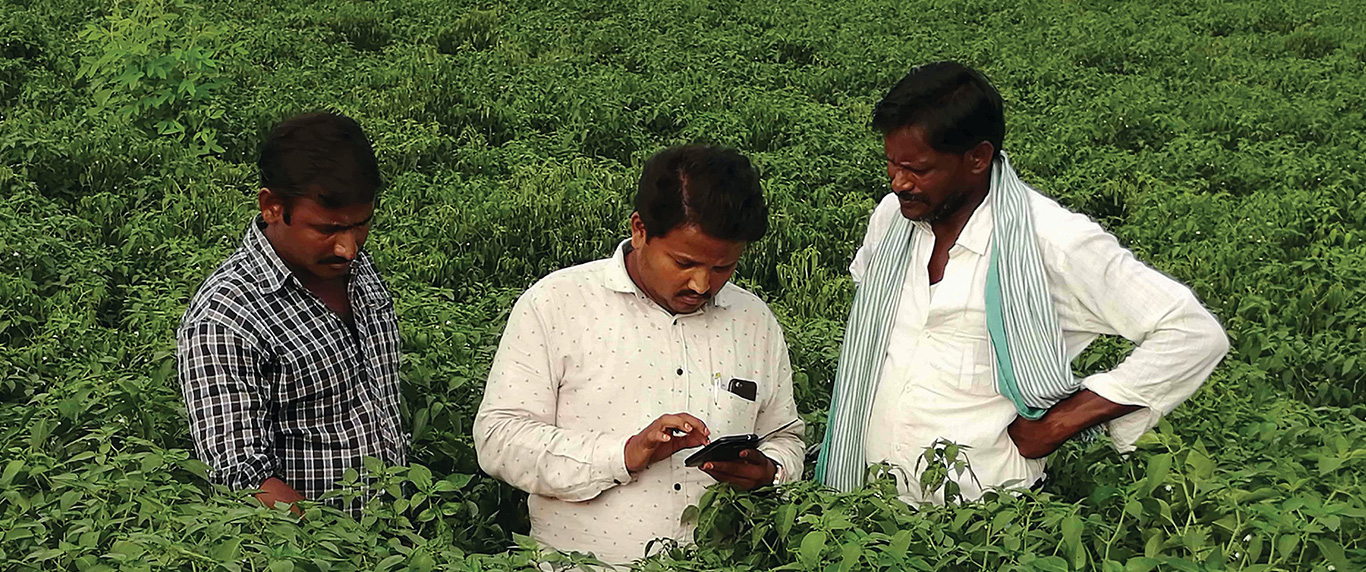
Global supply chains are evolving across industries with rising digitalisation, a stronger focus on sustainability and responsible sourcing. Recent supply chain disruptions, often due to unprecedented climate change-related events, have emphasised the need for greater supply chain sustainability. Additionally, the global movement towards net zero is also driving massive supply chain transformations. Addressing these trends is therefore key to building resilience and embedding sustainability in the supply chain.
ITC works with its suppliers including farmers, third-party manufacturers, service providers, transporters, suppliers of materials and capital goods, franchisees, dealers and distributors to scale up its sustainable supply chain initiatives. This includes identification of sustainability risks and opportunities through assessment of key value chain partners; conducting third-party assessments in line with international standards and obtaining certifications like Rain Forest Alliance and Forest Stewardship Council®; and implementing systems and processes for enabling supply chain oversight, transparency and traceability as well as measures for addressing identified risks and opportunities.
ITC encourages critical value chain partners like third-party manufacturers to adopt management practices detailed under International Standards. Ensuring compliance with accepted standards is a key part of the agreements with value chain partners, covering areas such as:
ITC actively promotes the competency development of local vendors, with a strong focus on medium and small-scale enterprises that are proximate to its manufacturing locations. The total percentage of input material sourced from suppliers within India is over 92%.
These partnerships have enhanced the survival and competitiveness of several small-scale units.
In line with its commitment to bring the power of cutting-edge digital technologies and unlock the potential of India's farmers, ITC has launched ITCMAARS (Metamarket for Advanced Agriculture and Rural Services), a 'phygital' ecosystem that empowers farmers by providing:
FSC FM License Code (FSC®-C102390)
Chain of Custody Certification from the Forest Stewardship Council® (FSC®-C064218)